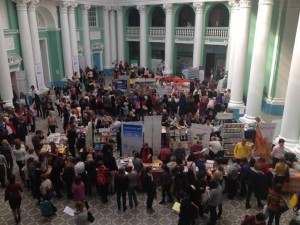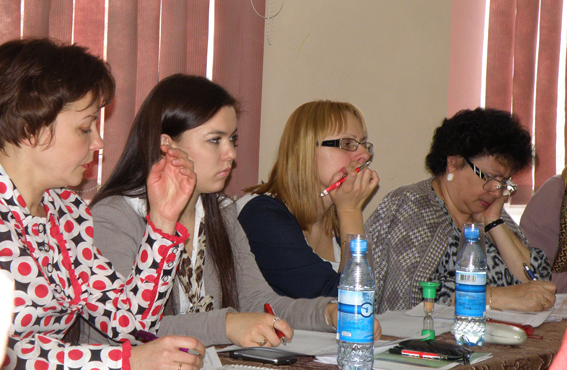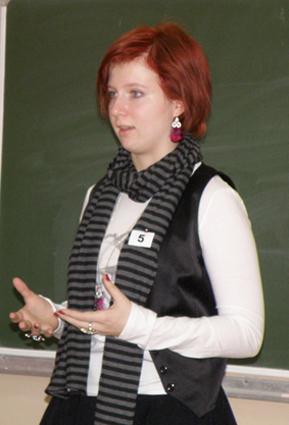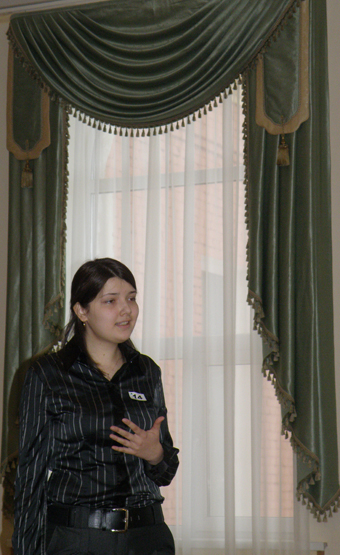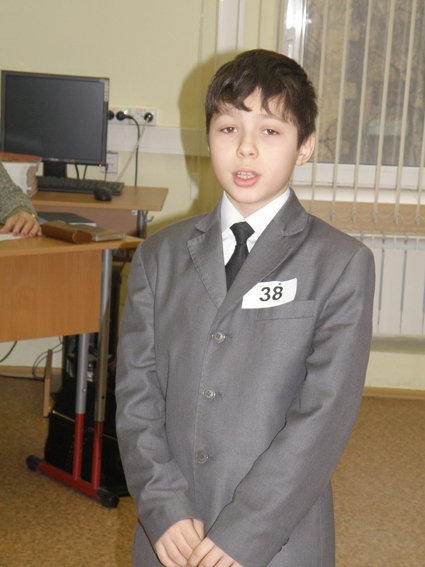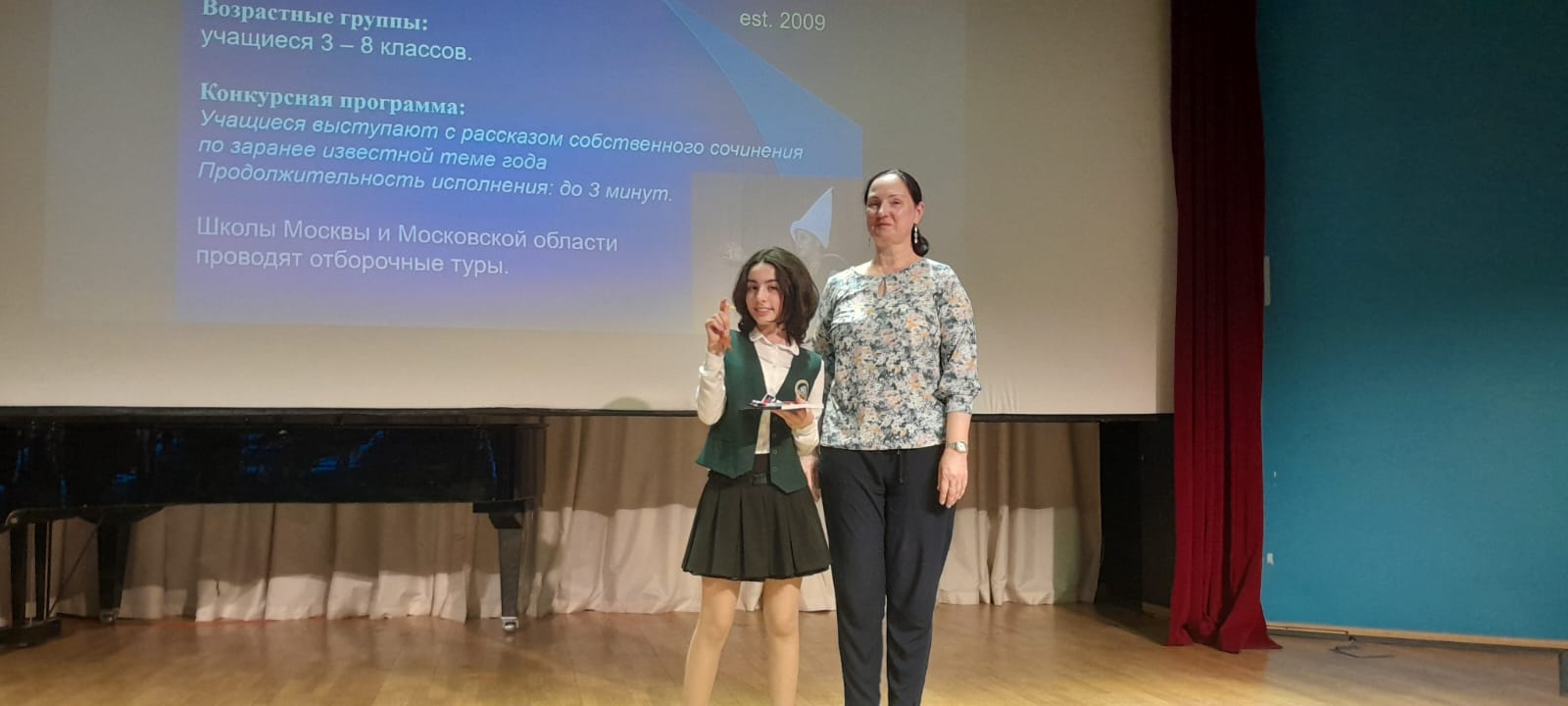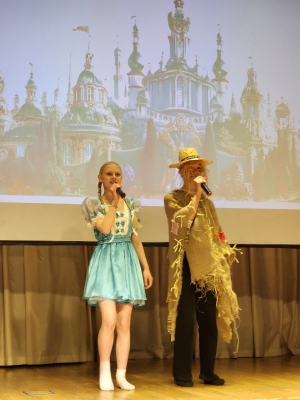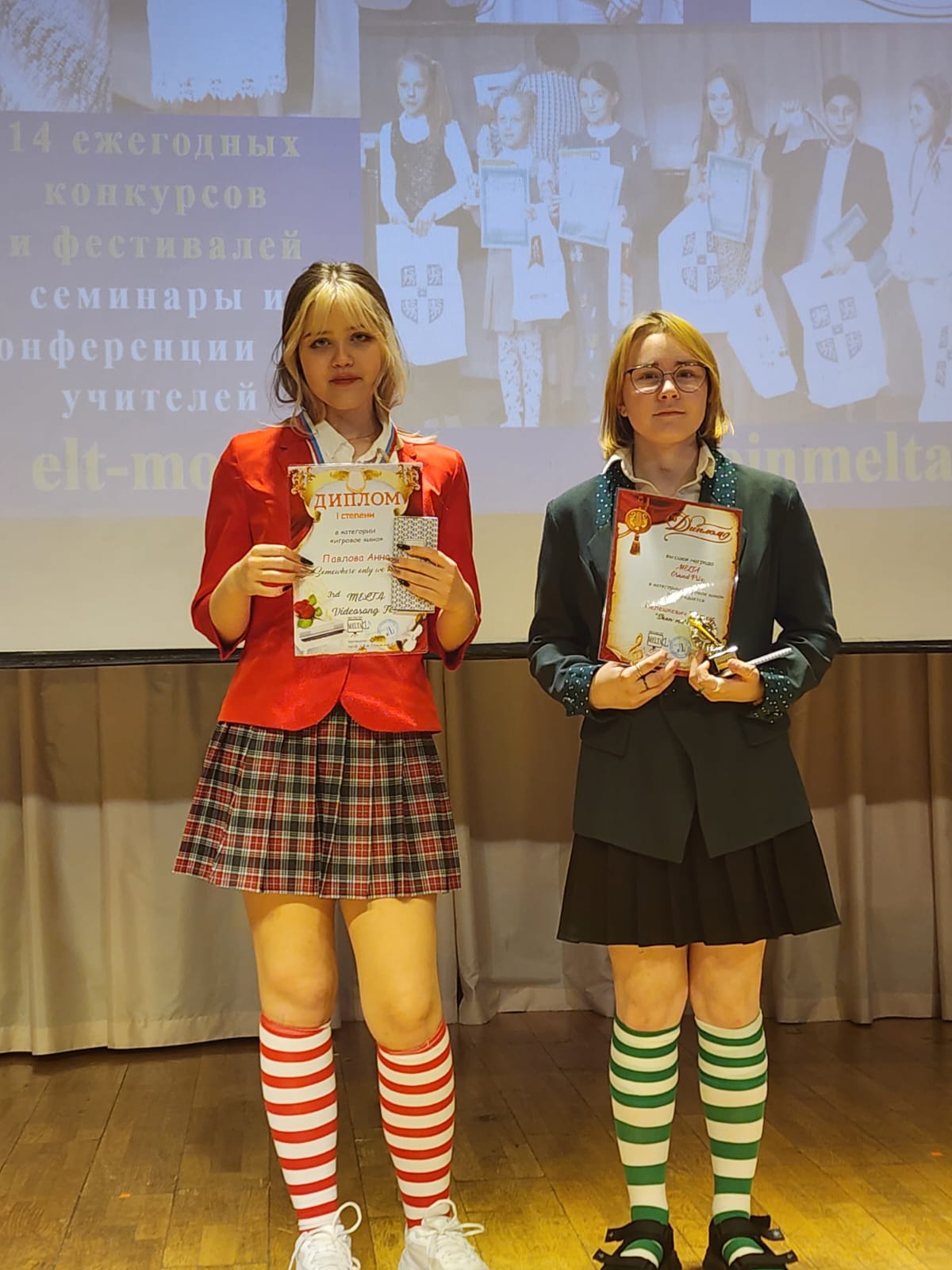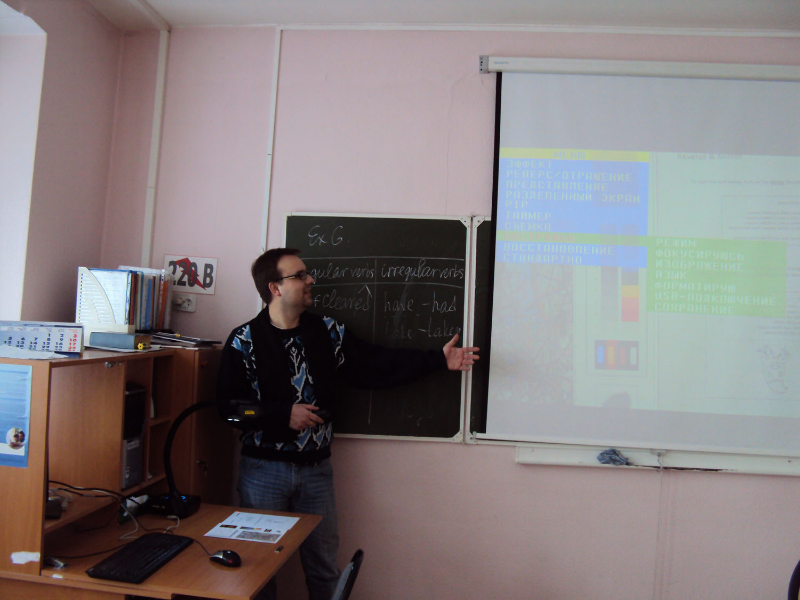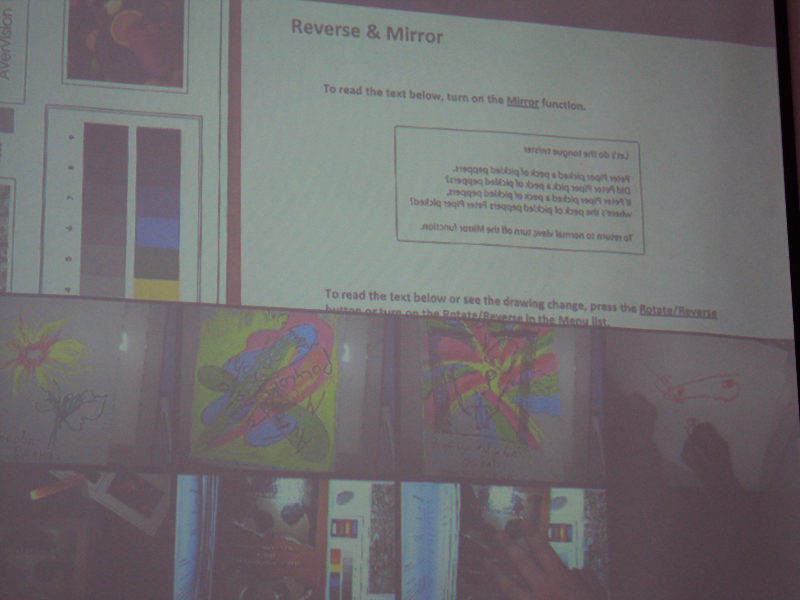Апр
14
I was lucky last Sunday to attend the English Language Day at the 13th Pedagogical Marathon held at Moscow State Pedagogical University (MSPU). I should say that the event pleasantly surprised me in many ways.
Firstly, I was impressed by the beautiful and spacious main building of the MSPU. It was the first time I had been inside this building and couldn’t fail to feel historical and educational significance of the place. The organization of the event was also of high level: it was very easy to find your way around the venue thanks to the large number of notices; there were two café areas, and the sponsors’ stands were arranged in a way that prevented overcrowding. Special mention should be made of the system of electronic tickets to the event which I think were an effective solution to managing the huge number of delegates: the participants had to register online in advance for the presentations of their choice. Once the limit of seats for a particular seminar was reached, the event was no longer available for registration. This way the organizers of the Marathon avoided a situation when there are too many attendees at one talk while there are too few at another. However, regardless of these measures, the event was so popular and there were so many participants that day that the rooms were all fully packed and sometimes there weren’t enough seats for everyone.
Secondly, I was genuinely surprised by the large number of the participants: there were experienced teachers, young specialists and teachers-in-training, all enthusiastic and eager to develop professionally. To the benefit of the participants, the Pedagogical Marathon provided a good choice of concurrent talks and seminars on various aspects of language teaching and professional development. Sometimes it was really hard to decide which presentation to attend as most of them were equally interesting, informative and thought-provoking. However, regardless of a really high quality of presentations, there was one thing I came to realize about the way the professional development (CPD) is still being done in Russia. In many ways it resembles a street with one-way direction: the presenter is considered to be the source of the information, the flow of the information mainly goes from the presenter to the listeners, with listeners being largely the consumers of the incoming information. The teacher development materials which are usually recommended for self-study are mainly published handbooks, face-to-face or online courses, and, in some cases, the online teacher resources web pages. Unfortunately, very little or no reference is made to teachers’ blogs, forums or teacher associations or communities as yet another form of professional development. These forms, however, have the great potential of bringing peer-teaching, sharing and feedback onto the forefront of teacher development and making it a two-way or even multi-way directed process where trainees are no longer mere consumers of the information but are also active participants and sources of invaluable experience and information.
The step forward towards a new format of teacher development was the round-table discussion held by Moscow English Language Teachers Association (MELTA). There the participants had the chance to listen to the hand-on experience of teaching at schools; some challenges associated with teacher training at pedagogical institutions and also have their say on the topic. If not the limited time of the session, there have been much more speakers who would have contributed to the discussion.
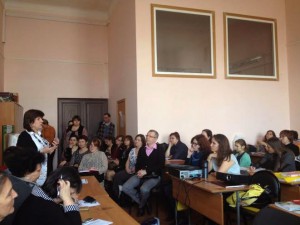
The topic of the discussion was the interconnection between pedagogical universities and schools in Russia. One of the main concerns expressed during the discussion was the urgent need in enthusiastic well-trained and tech-savvy young specialists in schools. We do have a lot of schools with good English teaching traditions, on the one hand, but on the other, fewer graduates go to school to teach nowadays. This is due to many factors, but one of them is the fact that teachers-in-training are not sufficiently informed about how much is done in various schools because the once established connection between pedagogical universities and schools have been lost in the recent years. Some of the solutions to this problem proposed by the participants included the creation of the database of schools and schools projects being done, and also more frequent round-table discussions and meetings of school and university representatives.
Another problem in ELT in Russia which was mentioned in the discussion, was the largely negative connotations associated with the word mentor. Also, it was stated that mentoring as a sort of supporting and coaching novice teachers at the work place on the part of more experienced teachers is still far from being a common practice in educational institutions in Russia.
All in all, the participation in MELTA’s round-table discussion was a pleasantly surprising and eye-opening experience to me. I was amazed at how much is being done in schools in terms of encouraging and supporting English teaching and learning. I could never imagine the large number of various contests, festivals and marathons conducted on the regular basis for school children of all ages and language competence.
I believe that this is a really inspiring and promising practice of carrying out round-table discussions on various ELT-related topics. At such discussions participants not only receive up-to-date information but are also actively involved in the collaboration with other participants, and, what is equally important, have a chance to be heard by other teachers, school and university administrators, and government representatives. It would be also only beneficial if such events like the Pedagogical Marathon were advertised more extensively both in schools and universities.
By Alexandra Chistyakova, Lomonosov Moscow State University
